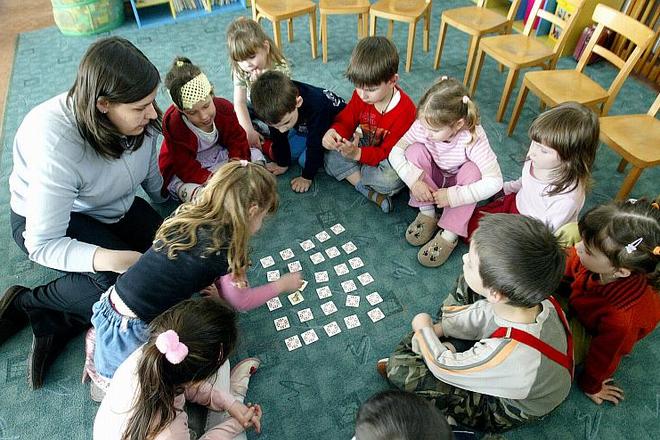ENGLISH learners often tend to believe that having a teacher with English as his or her mother tongue increases their chances to learn the language faster and easier. However, non-native English teachers bring other kinds of classroom benefits that are sometimes overlooked.
“Parents have their own vision,” said Adra Niculaita, an English language teacher from the International House of Bucharest during her lecture at the ELT Forum in Bratislavain early June. “Butthey aren’t teachers. It is a matter of mentality introduced by the new way of marketing.”
As a result, in Italy and Spain, for example, public schools as well as private language schools started preferring native speakers to lead English classes because it is demanded by their students or by parents of schoolchildren in public schools.
In Slovakia, particularly in private language schools, native speakers are preferred too, with the argument that they bring more authentic language and culture into the classroom. International companies that offer courses to their employees in Slovakia also have strict requirements in terms of native speakers when training their managerial staff.
“It is even greater discrimination than conditions such as hiring only people with five years experience.” Niculaita said.
As a consequence, many non-native teachers end up changing their career path either because they did not enjoy what they were doing or native speakers replaced them. But those who really like the profession will be able to prove their quality.
One of the ways to compete with native speakers is to market oneself in a different way and ask for a chance. Teachers should ask for a demo-lesson and show that they can do it.
“If people are ignorant of you regardless of your qualities, you probably won’t want to work with them, either.” Niculaita explained.
What makes a good teacher?
“It's not the country on your birth certificate; it's your method that makes a good teacher.” Niculaita explained.
A good teacher, native or non-native, focuses on the needs of students. While young learners enjoy games and songs, adults prefer speaking activities and would find it awkward to stand up and dance.
The advantage for non-native teachers is that they can relate to their learners’ mistakes because they have been through the same process of learning.
“Native speakers don't understand what errors the students might make because they have never been there,” said Niculaita, stressing that understanding the students and knowing or feeling what kind of mistakes they might make is a very important part of the process.
Students often appreciate the fact that they can learn authentic pronunciation from their native English teachers. On the other hand, non-natives have been trained in pronunciation and therefore know the drills and techniques that work best.
A mixed approach works best
“We should take a mixed approach,” said Niculaita. “We should bring native and non-native together and get some kind of super teacher.”
Niculaita confirmed that native speakers might be more prone to experimenting because for them the language is something natural, whereas a non-native acquired it through rules and therefore has the tendency to stick to rules and methodology. However, it is again down to personality and resourcefulness.
In most Slovak schools, non-native speakers teach students. Nevertheless, it is vital to enrich the conversation lessons of secondary school students by the presence of a native speaker, not necessarily a trained teacher, but simply a person with whom the students are able to experience authentic communication and experience real English in its cultural context.
A native speaker with good 'personal' skills can also be an option for young learners, but Niculaita pointed out that it would be better if the teacher were someone who speaks their mother tongue and can react to 'off topic' questions and prevent misunderstanding.


 Starting early with English. (source: Sme - M. Cibulková)
Starting early with English. (source: Sme - M. Cibulková)